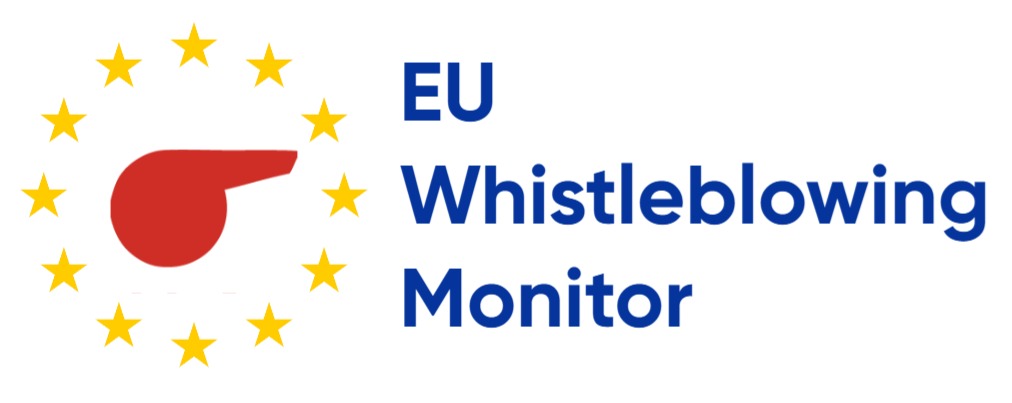Source: orzeczenia.torun.sr.gov.pl
The EU Directive on Whistleblowing adopted in 2019 was supposed to be fully transposed into the national legal systems of all 27 EU Member States by 17 December 2021. However, to date, Poland has still not completed the transposition process. Despite several government proposals, no legislation to implement the Directive’s minimum standard requirements for whistleblower protection has yet been adopted.
A new case in Poland has demonstrated how, despite the lack of national transposition legislation, the whistleblower protection rules of the EU Directive can have a “direct effect” and be relied on by EU citizens wanting to avail of their rights under the EU law.
The 12th July 2023 ruling in the first instance of the case of the district court in Torun demonstrates the application of the Directives provision through the declaration of its direct effect.
The case involves an employee of the Nicolaus Copernicus University in Toruń who had raised concerns about conducting exams during the peak of COVID19 and personal data protection breaches due to use of spyware use during tests. Concerns were reported internally to the university, and then when they were not resolved, published on Facebook by way of an appeal to the University leadership to clarify COVID risks and data security protection. The whistleblower was subsequently fired for loss of trust due to creating “conflict situations” and “failing to perform employee duties.” The district court did not accept the reasons for dismissal stated by the employer and instead found that the principal reason for the dismissal was the reporting person’s disclosure on a social media site.
The court held that as the University is a public entity performing public tasks, in line with the principle of Direct Effect developed by the European Court of Justice, the claimant could rely on the Directive’s provisions prohibiting retaliation. In the district court’s opinion, the reporting person met all the Directive’s criteria for protection (subject, object, conditions of protection, conditions of public disclosure) and accordingly, the plaintiff enjoyed the protection of Article 21 (1), (2), and (5). In particular, they benefited from favourable presumption – or reversed burden of proof – that the detrimental treatment suffered was caused in retaliation for the reporting or disclosure made. The court held that the defendant violated the prohibition against retaliation (Article 19(a)), and the whistleblower was entitled to compensation under Article 23 of the Directive (regardless of the compensation also awarded for violation of the Labor Code). Whilst the judgement is not final (as this is a first-instance hearing), it indicates the direction in which case law may follow.
Marta Kozak-Masnicka, PhD candidate in the Labour Law and Social Security Department at the University of Warsaw, said:
“This case shows that Polish courts are ready to directly apply the Whistleblowing Directive using its direct effect, and whistleblowers may rely on the Directive’s provisions granting protection from retaliation in vertical relations, when public entity is acting as a state. The ruling reminds us that Poland should implement the Directive as soon as possible and that public entities should consider EU whistleblower protection regulations when making decisions regarding employees.”
To understand more about the principle of “Direct Effects” of EU Law and the implications of delayed transposition of the EU Directive on Whistleblowing, see here.
